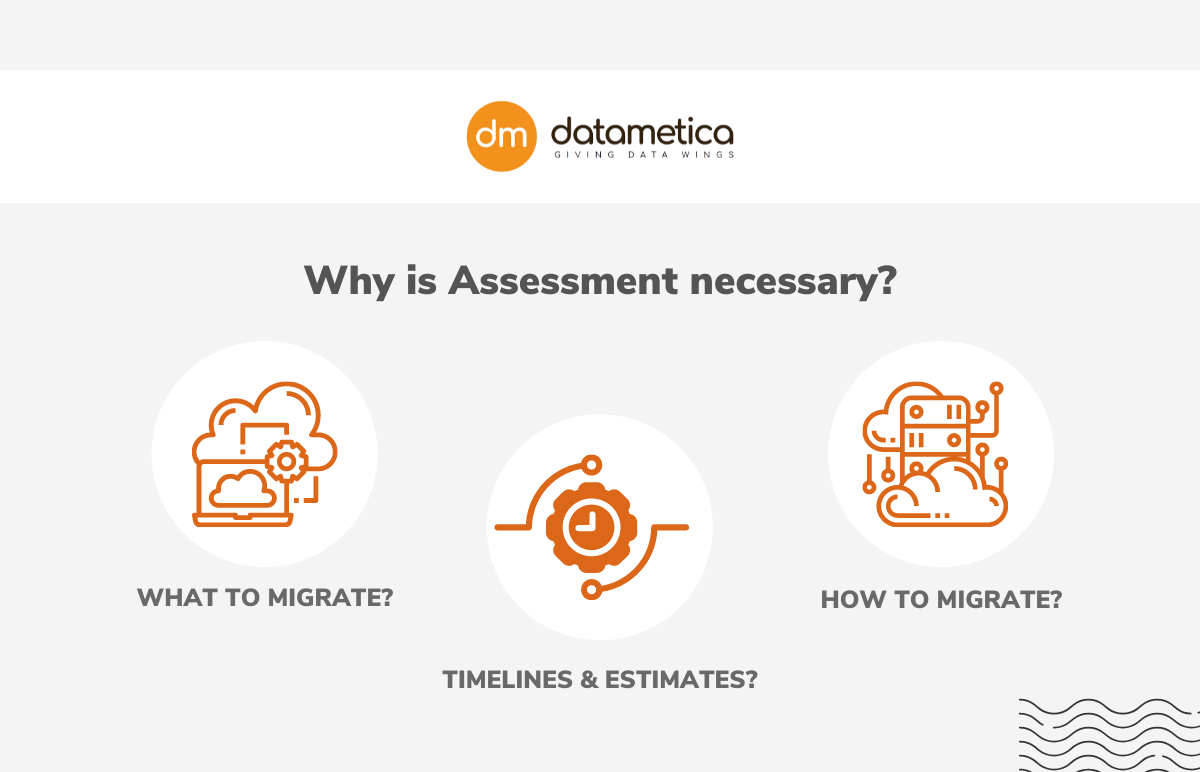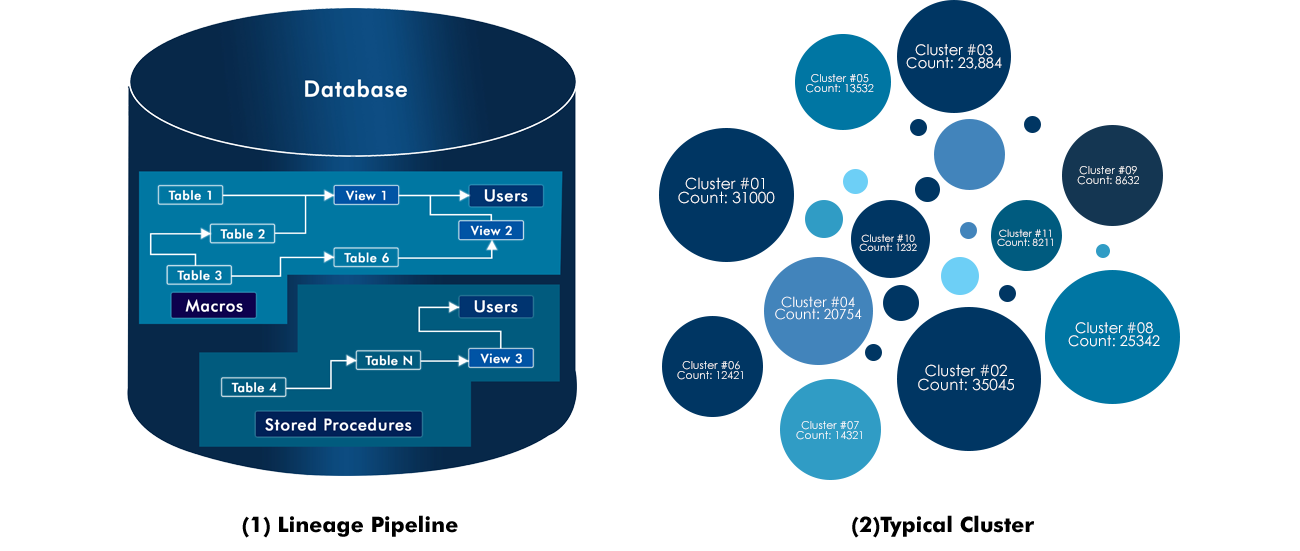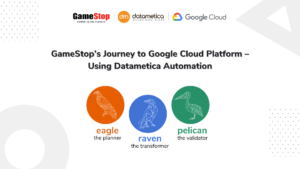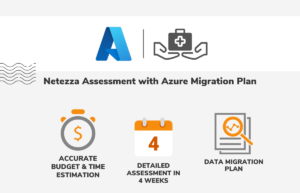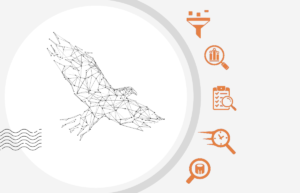Empowering businesses by migrating their data/workloads/ETL/analytics to the cloud. We are truly ‘Giving Data Wings’.
Address
3500 Western Ave, Suite 2D, Highland Park, Illinois 60035-1263
1 North Bridge Road, #10-06, High Street Centre, Singapore 179094
Jubilee Business Centre, 211 Kingsbury Road, Kingsbury, London, NW9 8AQ
Quick Links
© 2023 Datametica Solutions Pvt. Ltd. | Agency Partner Talkd | Privacy Policy | Code of Conduct | GDPR Compliance Statement | Terms Of Service | CSR Policy
- datametica birds
- –
- data migration product suiteAccelerating and automating legacy data warehouse migration to the cloud process using our birds
eagleArchitecting an end-to-end migration strategy, with workload discovery, assessment, planning, and cloud optimization.
ravenAutomated & Optimized code (SQL/Scripts/ETL) conversion to the cloud-native technologies.
pelicanAutomating data validation, reconciliation, and comparison of datasets across two heterogeneous data stores.
- –
- datametica birds
- our solutions
- cloud marketplace
- resources
- careers
- about
- contact us
